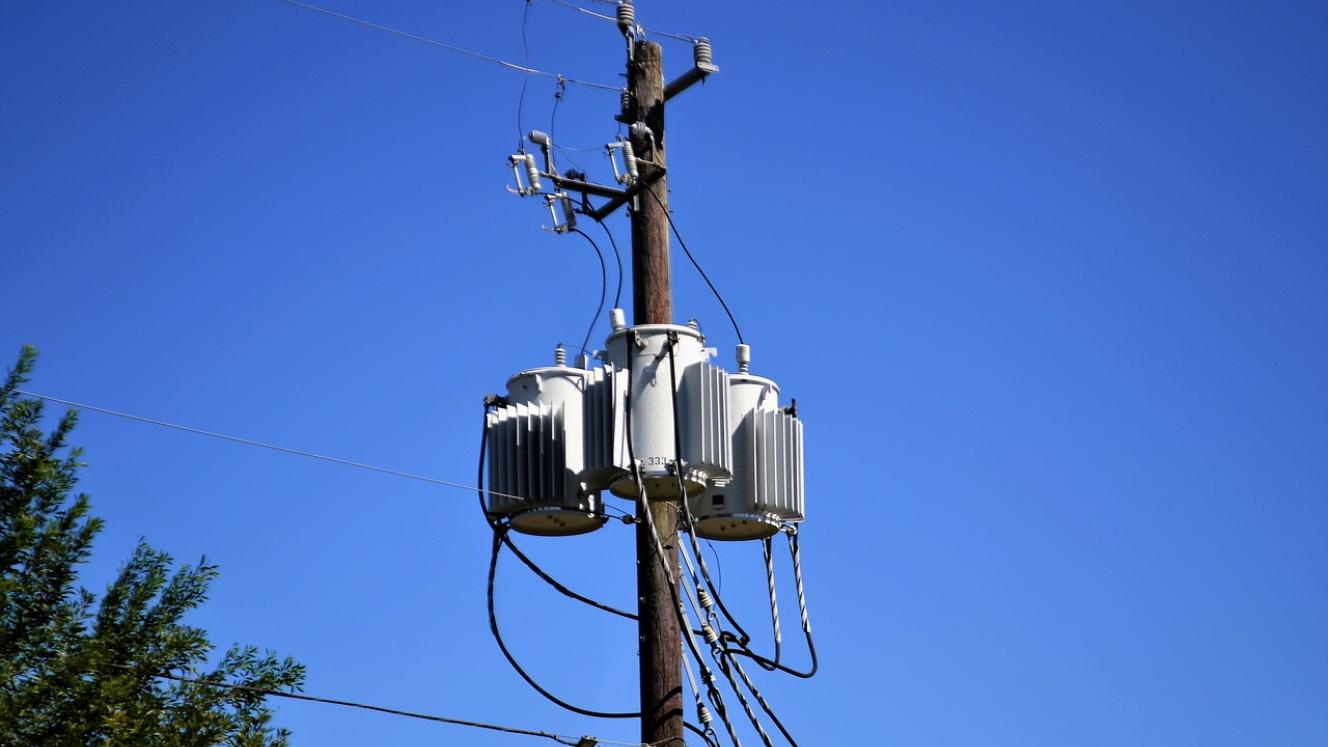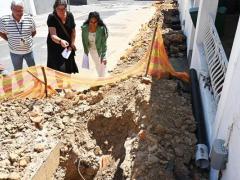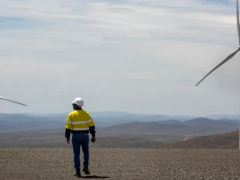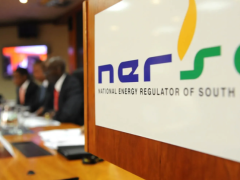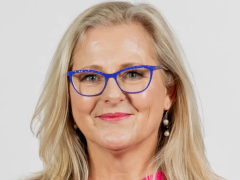The battle against crippling power outages, a struggle often symbolized by the dreaded Eskom load-shedding schedule, might be entering a new chapter. A community initiative is about to embark on pioneering a residential load curtailment project.
The Nelson Mandela Bay project, first announced in September last year, involves the installation of smart meters to limit power usage, so that residents will meet required megawatt cuts without experiencing total sectional blackouts. Each household in the South End area would be limited to 20 amps during load-shedding. Bulk meters and data concentrators would also be installed at two selected substations.
Using load curtailment as an alternative to load-shedding would allow residents to keep essential appliances as well as lights on, and help protect the distribution system from the pressure of constantly shutting down and starting up during blackouts.
The project was delayed until now by stiff resistance from the selected community. Of the 125 households in the community, only 27 consented to have smart meters installed. According to ward Councillor Renaldo Gouws, this is because the area had, until November, been exempted from load-shedding completely due to its proximity to the South End fire station, and residents are reluctant to experience any power limitations.
Mamela Ndamase, municipal spokesperson, said the pilot is now set to begin in February after community meetings ironed out initial objections. If implemented effectively, the city hopes to obtain funding to roll out this project across the metro.
The idea of using load curtailment to reduce the intensity of load-shedding has been used by Eskom for industrial consumers in major metropolitans last year. This was implemented to avoid entering into the national nightmare of stage 8 load-shedding; however, this is the first time that a load curtailment project has impacted a residential area.
